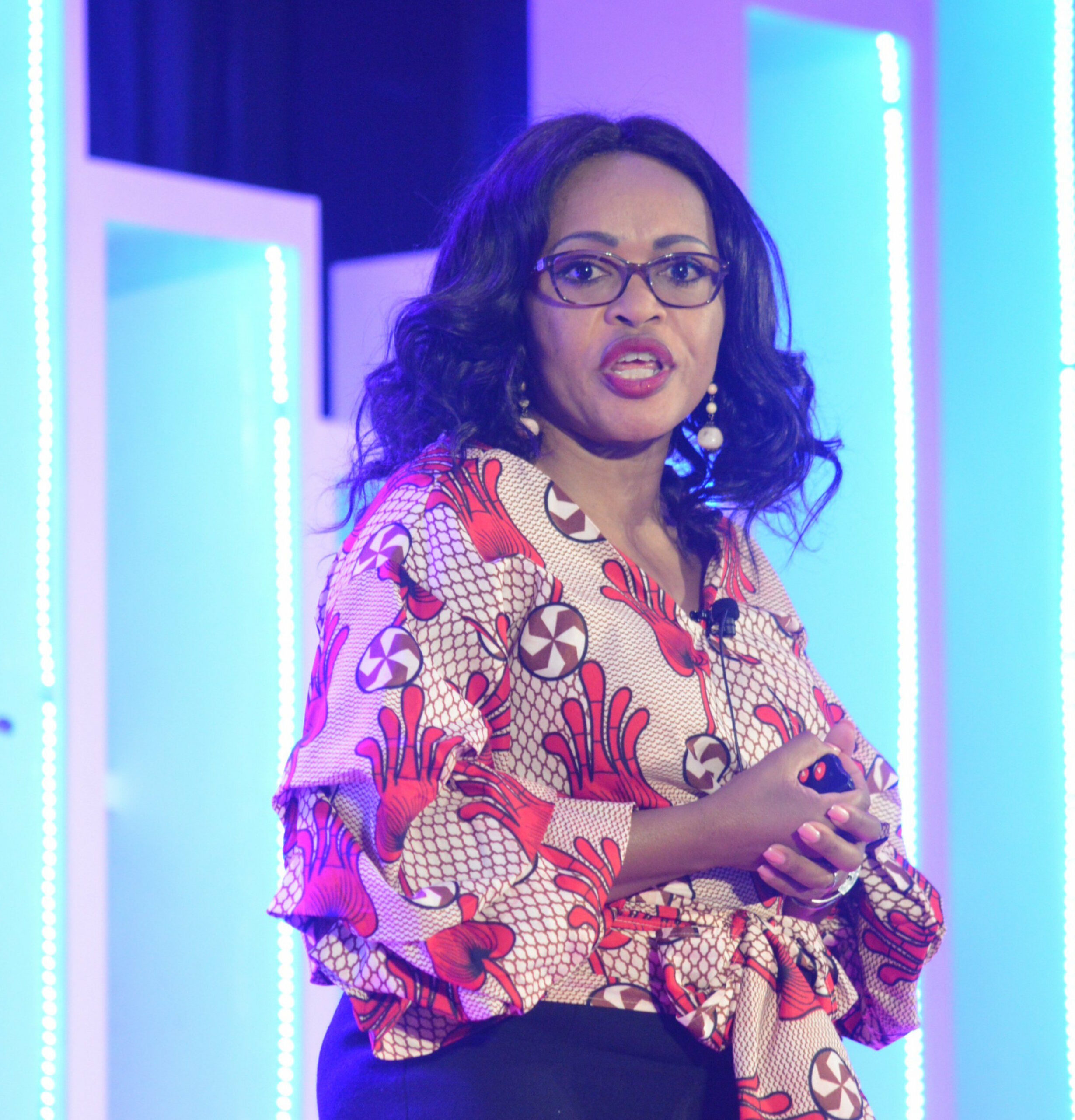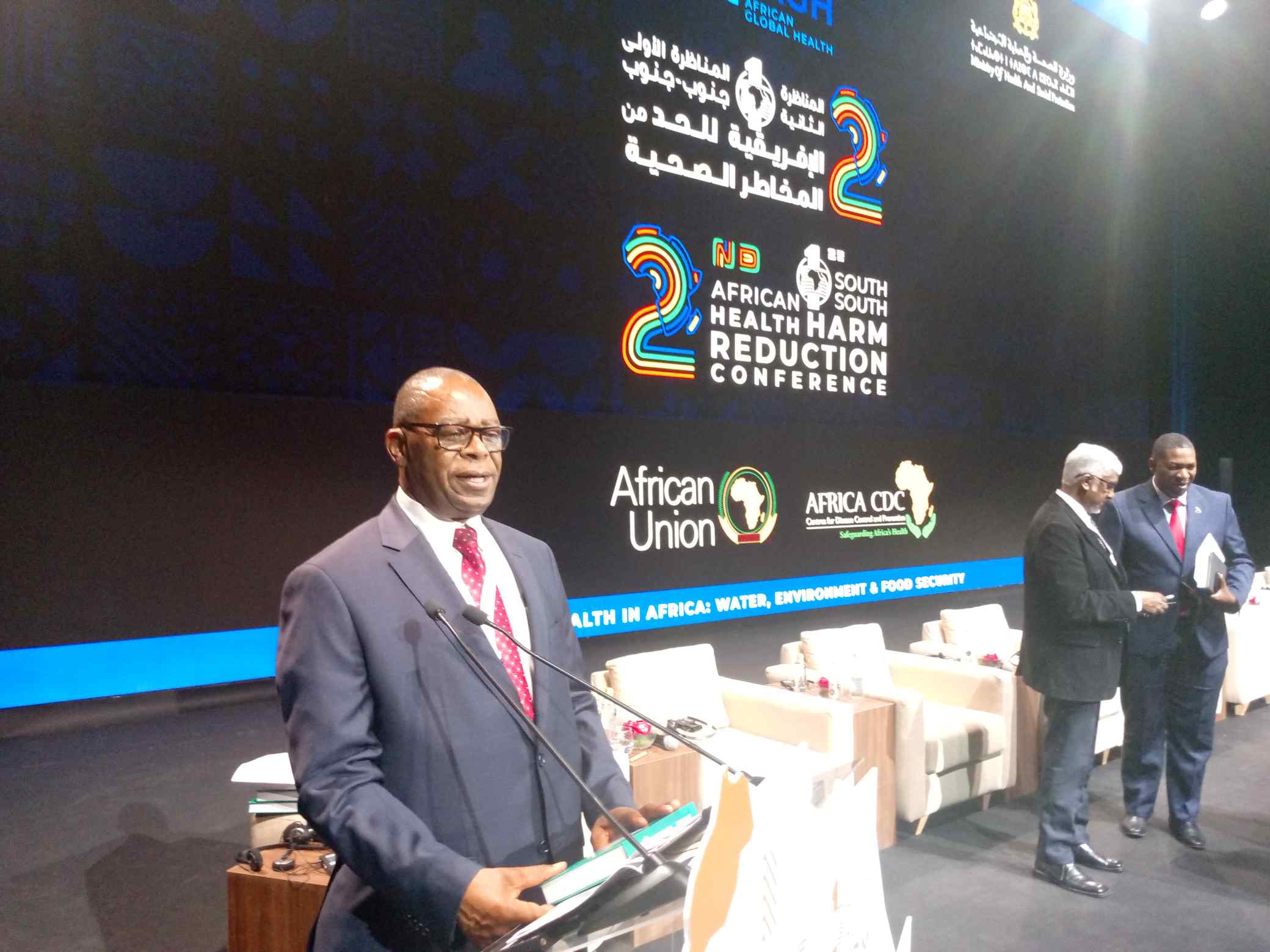|
Getting your Trinity Audio player ready…
|
Dr. Tendai Mhizha, the Secretary-General of the Health Harm Reduction Conference has urged the Global South, with a particular focus on the African continent, to take appropriate action to address challenges hindering sustainable development.

She made the remarks during the second edition of the African and first edition of the South-South Health Harm Reduction Conference underway in Morocco under the theme, “Health in Africa: Water, Environment and Food Security.”
Dr. Mhizha said Africa should not be where it is today given the fact that it has many resources, a rich culture, excellence, and human capital potential for development.
“We cannot sit back and explain why things are the way they are. We need to gather together and form a new reality as we have indeed gathered here today. This conference speaks volumes about action, problem-solving, dreaming, and striving for a better tomorrow for ourselves where we are powerful, self-sufficient, thriving, and reaching our full potential.
“I have dedicated my life to the Global South with a particular focus on the African continent. In that time I have seen that value and prosperity in a Western sense is based on money. But I believe that the richness of the African continent goes way beyond money and in order to develop the continent we need to also see the value in human potential, culture, the issue of sovereignty, belief systems, and quality healthcare. We need to understand that Africa is steeped in natural resources and nature which plays a critical role in the global ecosystem,” Dr. Mhizha said.
The development proponent urged Africa to focus on human capacity building, especially at the nexus of digital transformation and innovation.
“Africa has traditionally lagged in technology and then leapfrogged, as we did with cellular telephony. My hope for Africa is that with South-South cooperation we can use collaboration and technology to leapfrog into a new reality of equitable universal health access and health harm reduction for all. Right here on the soil on which we stand at the invitation of King Mohammed of Morocco may God assist him, is the example that the rest of the continent hopes to follow,” she added.
She emphasised the need to achieve the shared goal of complete health sovereignty through health harm reduction in all its forms.
Addressing the same conference, Dr. Douglas Mombeshora, Zimbabwe’s Minister of Health and Child Care said it is important to link the issues of environment, water and sanitation, and nutrition and connect to health harm reduction.
“We need to look at how Africa can work towards health harm reduction using the resources we have, be they physical or human resources. We have different challenges in Africa. Each country has its own challenges and opportunities,” Dr. Mombeshora said.
Dr. Mombeshora alluded to initiatives that Zimbabwe is taking in dealing with health challenges related to the environment.
“We depend on the environment for survival. Therefore, it means the health of the people also depends on the environment, be it food production, pollution that will affect the water or the droughts that are a result of climate change. We should be talking about how we mitigate against those changes.
“The main challenge is about the outbreak of diseases. We are seeing resistant microbes and we believe some of them are due to environmental changes. But also some of them could be as a result of pollution to the environment. In the agricultural sector, for example, we are now using antibiotics to treat animals which we then feed on. Almost 60 percent of human diseases are zoonotic so there is a relation between humans and animals in terms of disease burden,” he said.
Dr. Mombeshora warned that if farmers undertreat animals by giving them some antibiotics, certain bacteria may develop resistance and this is a common phenomenon when one into rural areas or farming communities.
“Very few people give a complete dose of antibiotics so by giving an incomplete dose of antibiotics, we create resistant microbes which become very difficult to treat and those become a burden to our health. We are also seeing contamination of water bodies by agro-chemicals. These chemicals contaminate the environment and the crops that we grow in those fields where there has been contamination by certain chemicals go on to be eaten by human beings and certain diseases are picked up years later.”
As a panacea, he said there is a need for proper surveillance and monitoring of the use of antibiotics on food animals. He encouraged the monitoring of the disposal of chemicals in the environment to avoid a disease burden to human beings when they consume contaminated food.
Dr. Mombeshora underscored the importance of providing safe water for drinking. In Zimbabwe, there is an outbreak of cholera even in urban areas, which should not be the case.
The outbreak of cholera is due to poor management of sewerage disposal of waste by the city fathers. Most boreholes in the high-density suburbs have been found to be contaminated.
Cholera or typhoid is oro-fecal contamination hence the need to address water challenges. In Zimbabwe, President Mnangagwa has come up with the presidential borehole scheme which aims at drilling a borehole at every village. Under the programme, 35000 boreholes need to be drilled by the end of 2025.
